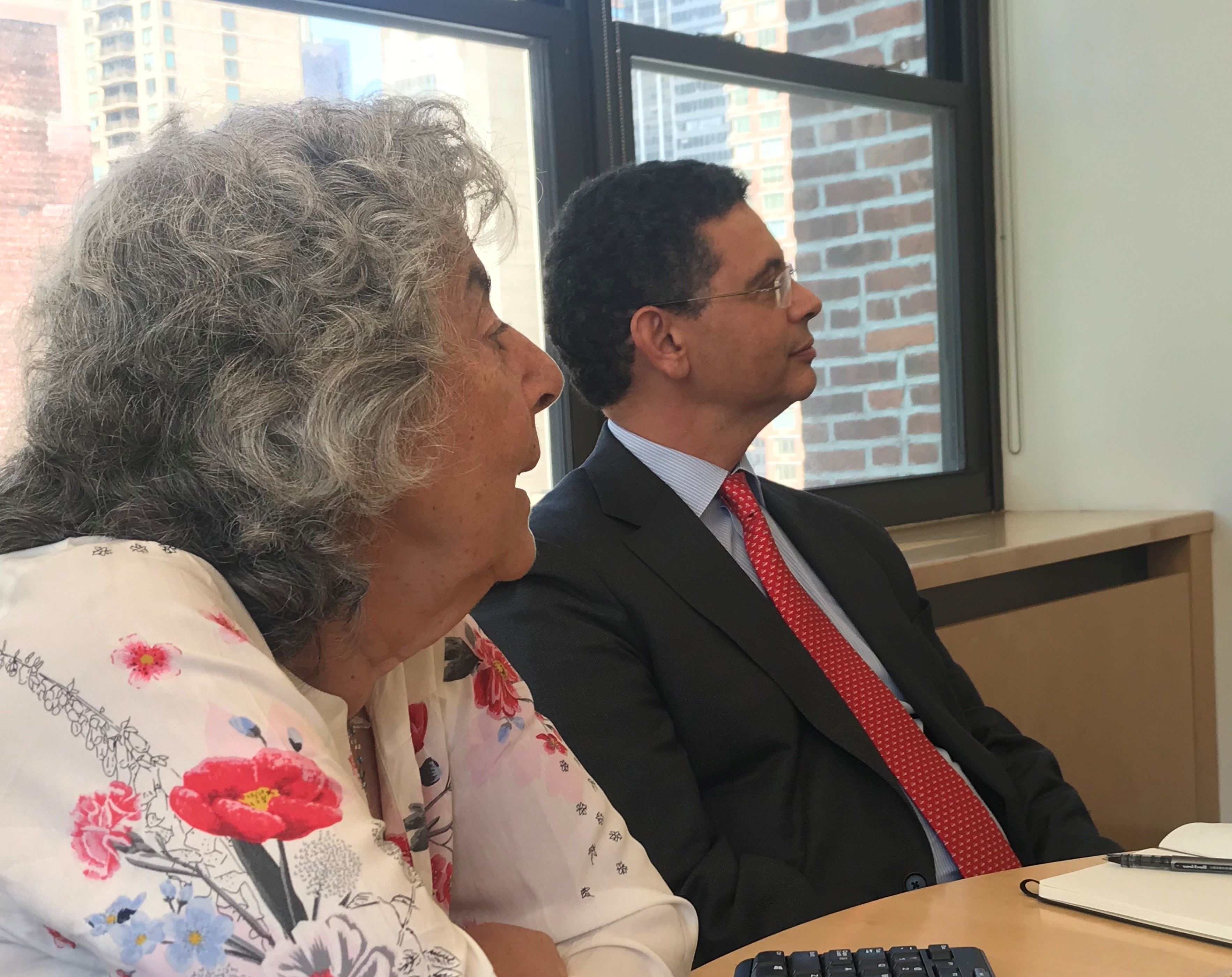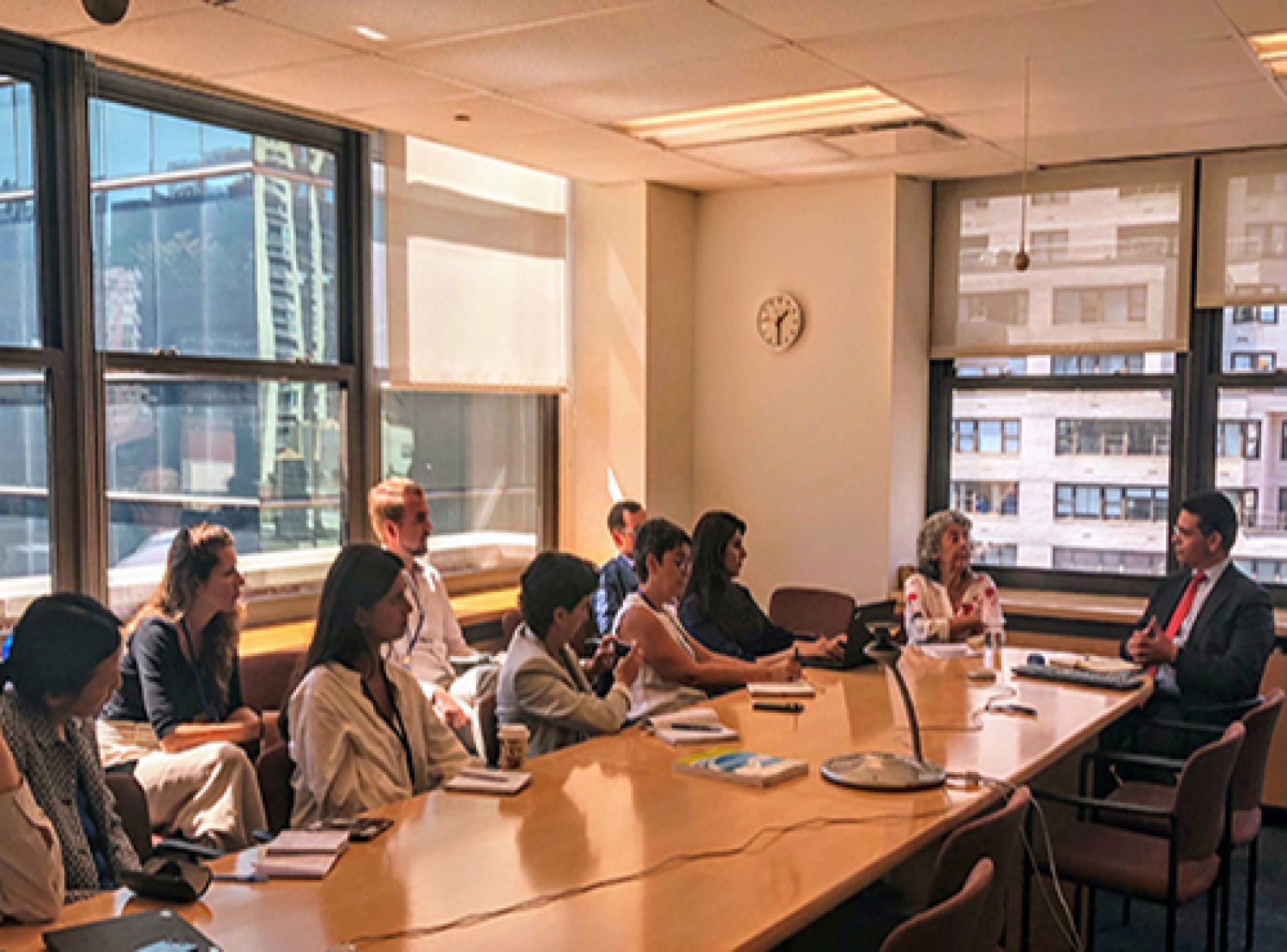On 3 September, Professor Frances Stewart, Emeritus Professor of Development Economics, University of Oxford, and a member of the 2019 Human Development Report Advisory Board, led a seminar titled ‘Equality Across Generations – An Analytic and Democratic Deficit.’
With ever-increasing carbon dioxide emissions, depleting species diversity and increasing number of catastrophic weather events, what happens today will inevitably impact the future and hence future generations (‘FG’) – i.e., those who are unborn and who cannot yet represent themselves. Ms. Stewart puts forward a compelling argument that there is moral reasoning suggesting that FG should have decision-making power over policies that will impact them.
However, current democracies fail when it comes to involving FG. With no global government to nudge countries to incorporate FG issues, powerful special interest groups such as those for the coal and oil industry, and the absence of FG in decision-making bodies, Ms. Stewart argued that there is an urgent need to design democratic institutions to include FG in decisions which affect them in a significant way.
She shared various ideas for inclusion of FG, including reserving government seats for people who would represent FG, building FG-related ministries or departments in every government and even creating a ‘UNIFGEN’ - a future UN organization dedicated to advocating for FG issues.
While several countries have built institutions and mechanisms to safeguard FG and promote intergenerational justice – such as in Finland, Hungary, Israel, and Wales – progress is slow. Systematically thinking about future generations everywhere is urgent, yet it will take time. This is shown by the fact that we have yet to succeed in getting justice for the present poor let alone the future poor, says Ms. Stewart. While consideration of the needs of FG is urgent it should not be at the expense of the current poor.
Even looking at current measures of development such as the Human Development Index (HDI), Ms. Stewart argues that the HDI is a measure and ranking of what is happening today. It still needs to reflect what will happen in the future to FG, at the expense of actions taken today. The measurement of income – GNP – also fails to incorporate sustainability considerations.
In closing, the esteemed professor reiterated that ‘justice within generations must parallel justice across generations,’ calling for more deliberative discourse on future generations so that the leave no one behind agenda incorporates the needs and rights of those unborn.
Click here to download the presentation



